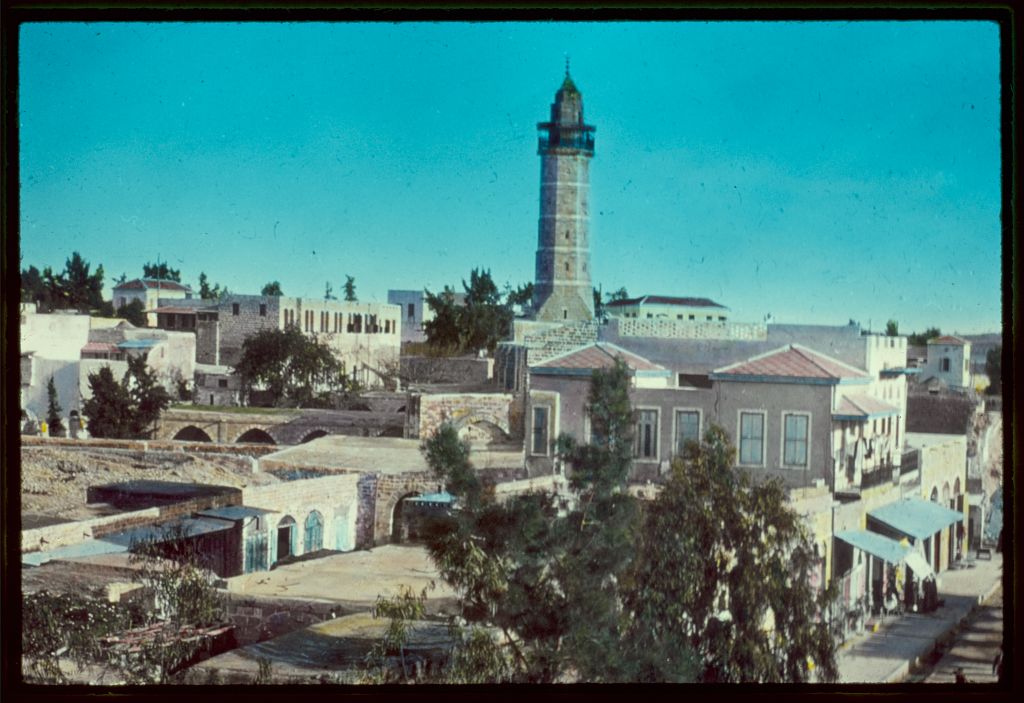The committee seeking a new home for the Rhode Island State Archives left wiggle room on whether to erect a new building for that purpose across Smith Street from the State House. It seemed from yesterday’s discussion in the...
The committee seeking a new home for the Rhode Island State Archives left wiggle room on whether to erect a new building for that purpose across Smith Street from the State House. It seemed from yesterday’s discussion in the Library Room of the General Assembly that, except for the hemming and hawing, the decision to build it, rather then locating it in an existing historic building in downtown Providence, has already been made.
Rhode Island Secretary of State Gregg Amore, who chaired the meeting, and his colleagues admit that the final bill for a new archives might still rise beyond the currently estimated cost of $100 million. A few years ago, that estimate was $70 million. Even as the state still wallowed in covid money, the legislators nevertheless chose not to appropriate funds for the project.
Most of the meeting was taken up with a presentation by fundraising guru Ken Newman, who warned the committee that raising the funds for a new archives building would not be easy. Limiting the project to an archives rather than expanding it to include a museum of history would make the task much easier. That, however, would limit the public allure necessary to persuade local groups to raise the money – not to mention national sources, such as the U.S. Senate’s Appropriations Committee, on which U.S. Sen. Jack Reed sits. The decision to build a museum or an archives only is still pending.
One committee member raised memories of the 1990s fundraising fiasco of Heritage Harbor, when the prospect of a Rhode Island state history museum at the former Narragansett Electric Plant proved so attractive to donors that funds for existing historical institutions dried up almost completely for years. Though flush with money, the project nevertheless went belly up, and a state nursing school facility was installed at the site instead.
“We can’t just go to the General Assembly with a price tag,” Newman pointed out. Legislators must visit the site itself, he said, in order to generate crucial support for the project.
In fact, the archives committee recently visited the Massachusetts State Archives and the John F. Kennedy Library and Museum to see their archival and museum facilities. They found these to be very impressive, although Amore asserted that Rhode Island’s collection of historical artifacts is superior even to that of the Bay State.
It appears that while the committee is resolved to erect a new building, it remains undecided whether it will be primarily an archives or a history museum. How the committee fashions its campaign will determine how much money it can raise. For example, Newman emphasized that the project is “meant to reflect the new communities” living in Rhode Island. He added that the committee must appoint a “fiscal agent” and that he or she must initiate a so-called “quiet phase” during which period a “matrix of donor groups” must be identified.
Hoping to win converts to the idea of a new building – needlessly, one is entitled to suspect – Amore stated congenially that no more brilliant collection of minds had ever been assembled in one room “since Thomas Jefferson dined alone at the White House.”
Whether that theory holds water depends on how the state carries out its effort. One member of the public attending the meeting had an excellent idea. Mary Shepard, a local urbanist, argued that a design competition should be held to select an architect. That would serve to publicize the idea, for better or worse, of a new building for the state archives (and museum, if that is included).
With or without such a competition, a building of traditional design would make it much easier to raise money for its construction. A herd of independent minds should not need to know that a large majority of the public (that is, voters) prefers traditional architecture to modern architecture. They need only know that historic character is built into the brand of the Ocean State. That ought to make an intelligent choice easier, especially for a building to hold its archival collections.











